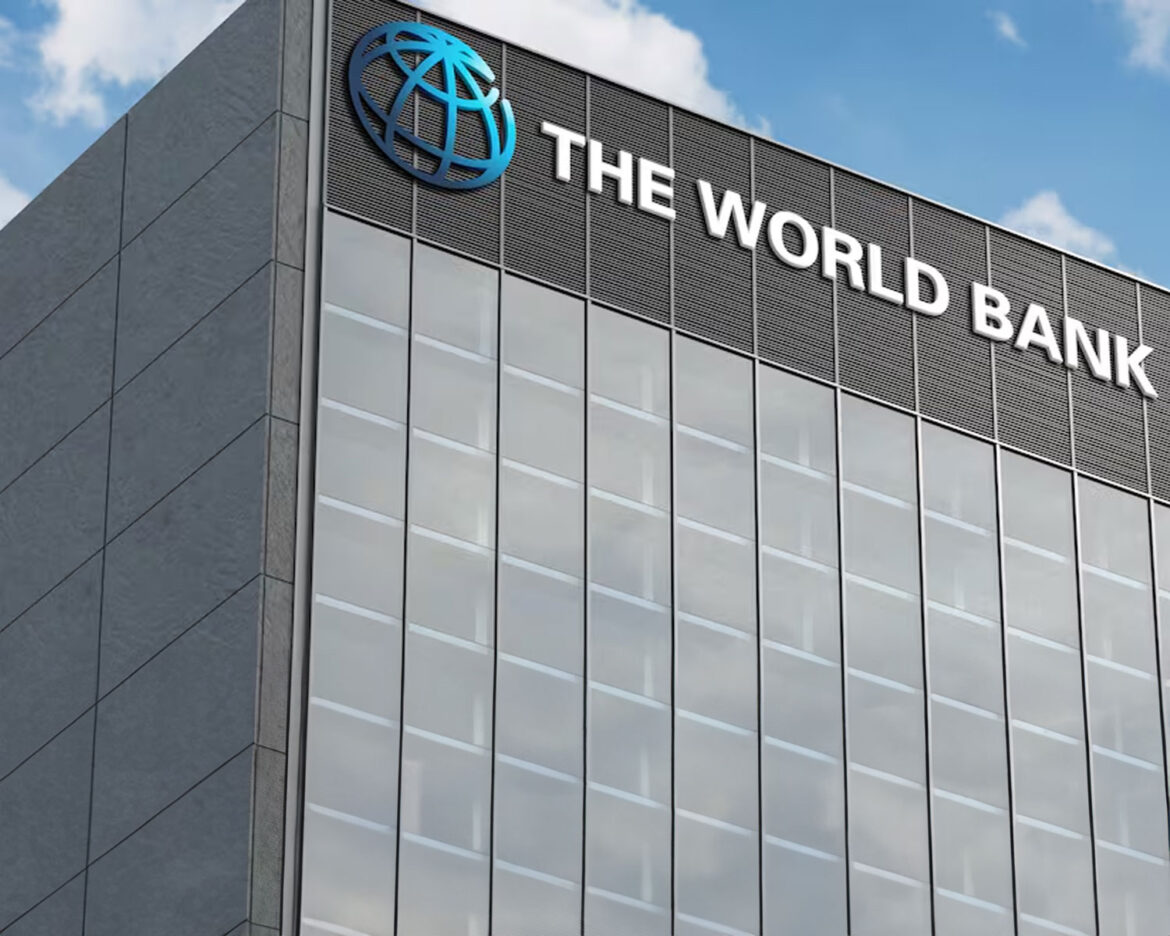A fresh report from the World Bank, released on Sunday, reveals that the world’s 26 poorest countries, home to 40% of the most impoverished people globally, are experiencing their highest levels of debt since 2006. The report highlights their growing vulnerability to natural disasters and economic shocks.
According to the findings, these economies are currently poorer on average than they were before the COVID-19 pandemic, despite much of the world recovering economically. The report comes ahead of the World Bank and International Monetary Fund (IMF) annual meetings in Washington and underscores the significant challenges facing efforts to eradicate extreme poverty.
The World Bank’s report stresses that these countries, with annual per-capita incomes below $1,145, have increasingly relied on grants and near-zero interest loans from the International Development Association (IDA) as market-based financing has dried up. Their average debt-to-GDP ratio has surged to 72%, an 18-year high, with half of the countries either in or at high risk of debt distress.
Most of these countries are located in sub-Saharan Africa, including nations like Ethiopia, Chad, and Congo, as well as Afghanistan and Yemen. Two-thirds are plagued by armed conflicts or severe institutional instability, deterring foreign investment. Nearly all depend on exporting commodities, leaving them vulnerable to volatile market cycles.
World Bank chief economist Indermit Gill emphasized IDA’s critical role in supporting these nations, stating, “At a time when much of the world simply backed away from the poorest countries, IDA has been their lifeline.”
In response, World Bank President Ajay Banga is pushing to raise over $100 billion by December 6 to replenish IDA’s resources. The previous record, set in 2021, was $93 billion.
The report also highlights the impact of natural disasters on these nations, with average annual losses amounting to 2% of GDP between 2011 and 2023—five times the losses faced by lower-middle-income countries. To mitigate these challenges, the World Bank recommends improving tax collections and public spending efficiency to boost domestic resources.
This report serves as a sobering reminder of the obstacles faced by the world’s poorest countries, even as global economic recovery continues elsewhere.



